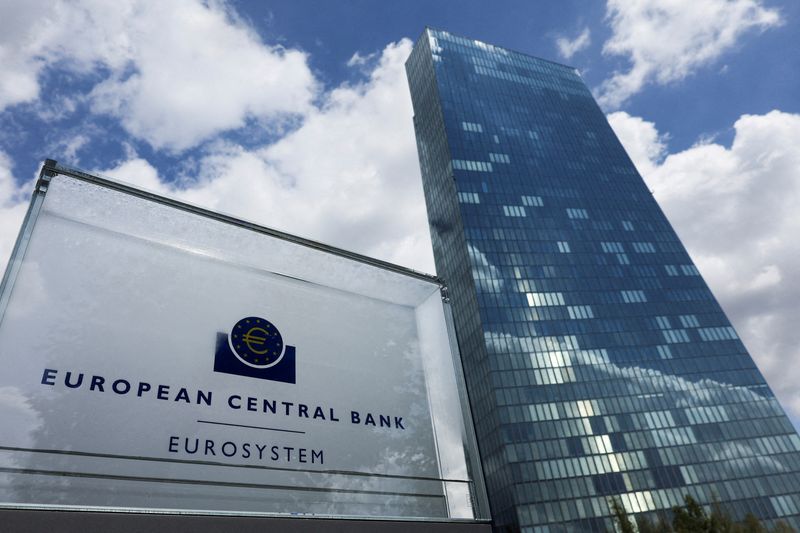By Alessandro Albano
Investing.com - There is no stopping the selling of European government bonds after the European Central Bank's decision to raise the main rate to 2.50%. The Italy 10-Year is traveling at a yield of 4.33%, the Germany 10-year yields 2.2% on the secondary, while its French counterpart is expected to be at 2.7%.
The Italy 10 Year vs Germany 10 Year Spread is sharply up at 216 basis points, while in December 2021 the differential between the two bonds was just above 130 basis points.
Of concern is the forward guidance on the path of interest rates, which, according to Chair Lagarde's words, will continue to be raised "significantly" and "at a steady pace" to bring inflation back to the symmetric target of 2%.
Between the lines one can still read further increases of 50 basis points that will be followed by the reduction of the bank's balance sheet starting in March, which could increase the risk of fragmentation among member states with a consequent rise in European yields.
Recall that in July the Eurotower introduced the Monetary Policy Transmission Mechanism (MPT), i.e., an anti-spread shield that allows the bank to buy bonds when they rise in a way not justified by their economic fundamentals.
The facility, however, is subject to conditionalities such as: compliance with fiscal criteria set by the EU, absence of severe macroeconomic imbalances, debt sustainability, and the adoption of sound and sustainable policies in compliance with recovery commitments and specific recommendations of the European Commission.
Adding to monetary policy are concerns about a macroeconomic framework that continues to deteriorate and will slip into recession in the first quarter of next year, although the contraction, according to the ECB itself, will be relatively short and shallow.
These phrases came with an upward revision of inflation estimates, expected at 8.4% in 2022, 6.3% in 2023, and then averaging 3.4% in 2024 and 2.3% in 2025.
After Lagarde's lecture, which was also followed by a sharp drop in European stock indexes (FTSE MIB -3.5%), came criticism from individual country governments including Italy, with Foreign Minister Antonio Tajani pointing out that the effect of the decisions taken yesterday by the European central bank had "a non-positive effect on the stock market and households."
Yet harsher was Defense Minister Crosetto, who said that "it makes no sense to raise rates" and, with the increase in minimum requirements for banks, it will create a further contraction of credit.
"I did not understand the Christmas present that President Lagarde wanted to give Italy," the minister joked on Twitter.
